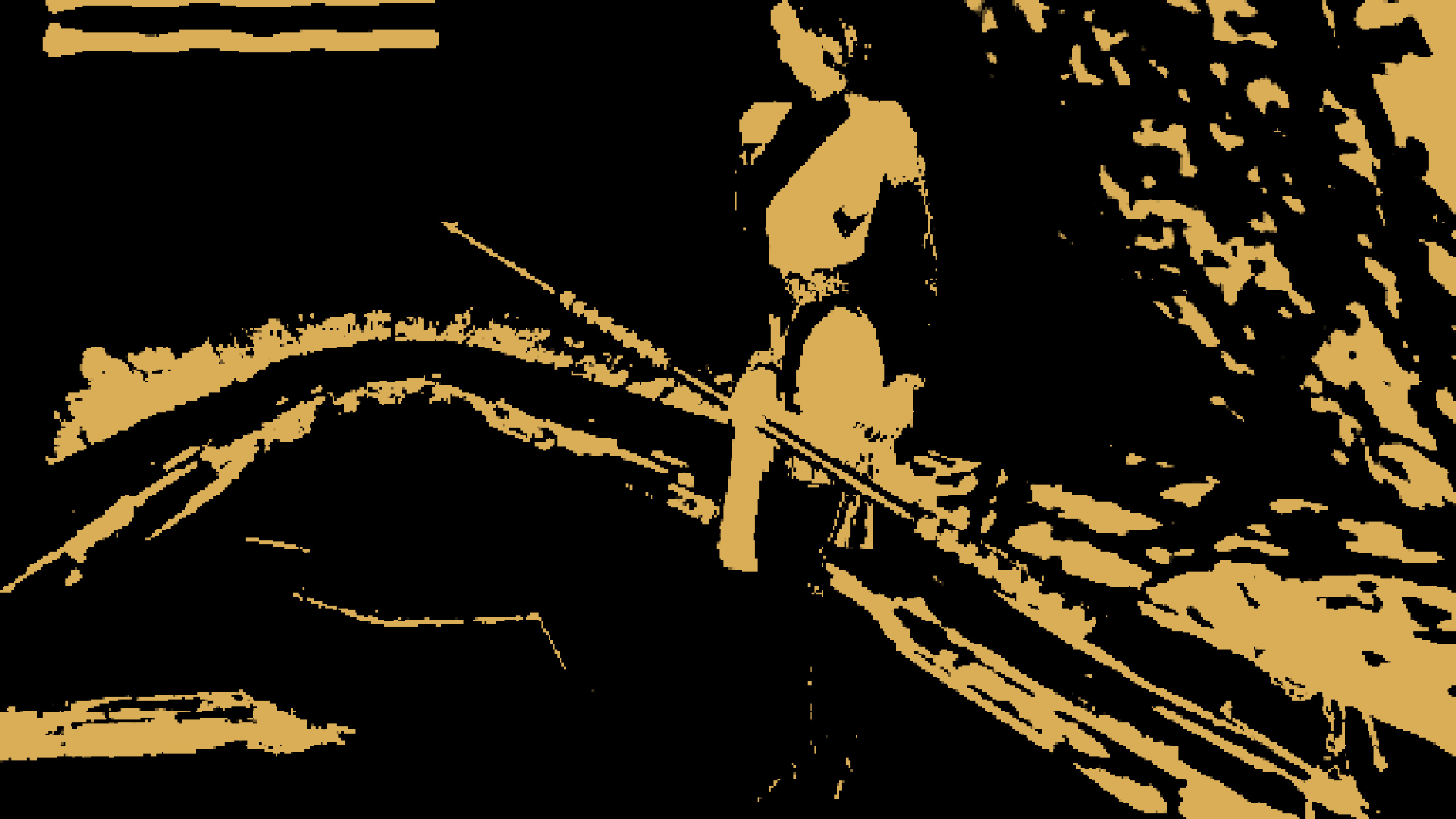
I've been playing Shadow Tower: Abyss and it has me thinking: it's gotta be tough to be the developer who made Dark Souls. The allure of FromSoftware's wayward and inimical design philosophy faded long ago; "Souls-like" is now a buzzword. In some cases, like the Ender Lilies/Magnolia games, it denotes homage—a save-point bonfire here or an ornately named boss there—while in others, "Souls-like" is polite innuendo for complete rip-off. No, I didn't say Lies of P. You did.
Sometimes I think fashion houses are an ideal analogue for videogame studios, at least the ones I feel like getting romantic about. Personnel rotate in and out, shaping the work during their time at the studio, but ultimately the end product belongs to no one and everyone. It advances a collective vision.
This is ideally, right; assuming everyone isn't all laid off after a substandard quarter or breadcrumbed along on measly freelance contracts while someone else soaks up the clout. Okay, maybe the fashion world isn't what it was twenty years ago; maybe I'm just reinventing Nintendo.
Point is: after the obligatory open-world of Elden Ring or the single-mix retread of Dark Souls III, Shadow Tower: Abyss is pungently alien. The first area is a confined subterranean cave system, not necessarily unfamiliar from the openings of any Souls game. The gloom is cut by a luminous pondscum green. The player carries a gun, which is weird enough to ensure perpetual Youtuber re-discovery. According to the manual, she's an armed guard trapped in this ruin by a nefarious Old Man as an offering to whatever lurks there. With nowhere else to go, she butchers her way through the local population of demonic freaks. The combat is startling: sword swipes part limbs from bodies and bullets blow heads clean off. No single enemy poses much of a threat. It's like stepping on ants.
Then the player comes upon a ferryman: a withered, recalcitrant creature wrapped in cloth. "Do not oppose the powerful. Serve," he advises. The ferry glides along mirrorlike waters. An eerie light seeps through the fog. The boat approaches a gigantic limestone atrium with a sickly green sigil carved into its face. The ferryman deposits the player on the shore, presumably glad to be rid of her.
Then comes the titular Shadow Tower. A pendulous, glowing sac dangles from between two gigantic stone thighs. As the player gets closer, she sees the "thighs" are striated with green veins, and there are not two but four, the second pair lurking at the far end of whatever horrible dark chamber encloses all this. Indistinct squeals and pangs issue from the void.
Inside each structure are more of the prunelike, cloth-swaddled creatures, slightly more friendly than the ferryman; to compensate, a woman with horns and Grecian dress appears to berate the player: "Show me power or die." The little dialogue the player gets from these figures is characteristically gnomic.
The game continues in this lonely register. From the Tower, the player can visit different realms, as in Demon's Souls. Each realm is a tightly constructed circuit focused on overcoming a boss enemy. Those bosses are less get-gud skill checks than puzzles to solve, like the giant bug whose magic shield has to be destroyed before it can take any damage. "I AM IMMORTAL RESISTANCE IS FOOLISH," it shrieks. The player trudges through awful crimson tunnels strung with insect webbing and chitinous carapaces that crunch like empty chip-bags to blow up the magic shield crystal. Then the giant bug dies to a single strike, screaming, "NOTHING CHANGES."
But things do change. There's a simplicity, even naiveté, to all this that's been bred out of FromSoftware's games. There's no difficulty, no sweaty contest of timing and positioning and dexterity. Feted auteur Hidetaka Miyazaki hadn't yet joined FromSoft when Abyss was developed, and maybe, somewhere in the studio's eclectic catalog, he assessed a formula to extract and replicate. The studio unabashedly upcycles everything from sound effects to setpieces; we could say these form their "house codes," to borrow a fashion term, endlessly iterated on and pored over.
Except that's not quite right. In Demon's Souls, surely the most dejected action game ever made, the wandering, melancholy essence of King's Field and Shadow Tower was made beautifully pure—and thereafter abandoned by inches. Dark Souls is the real blueprint for the Soulslike, a vision of total conquest through masochistic empowerment. In this light, Hidetaka Miyazaki is less a paragon of creative auteurship and more a reliable director of operations, the steady captain who's steered the studio into profitable inertia. The once-singular, once-stubborn FromSoftware has stopped searching for new forms; now they trade on their legacy to sell expensive aesthetic refreshes of hidebound product.
***
Astrid Anne Rose is a former full-time game critic and long-time contributor to Bullet Points. Currently she writes and edits horror fiction & co-hosts the podcast Live at the Death Factory. She co-wrote the videogame Roman Sands RE: Build. Follow her on Bluesky.